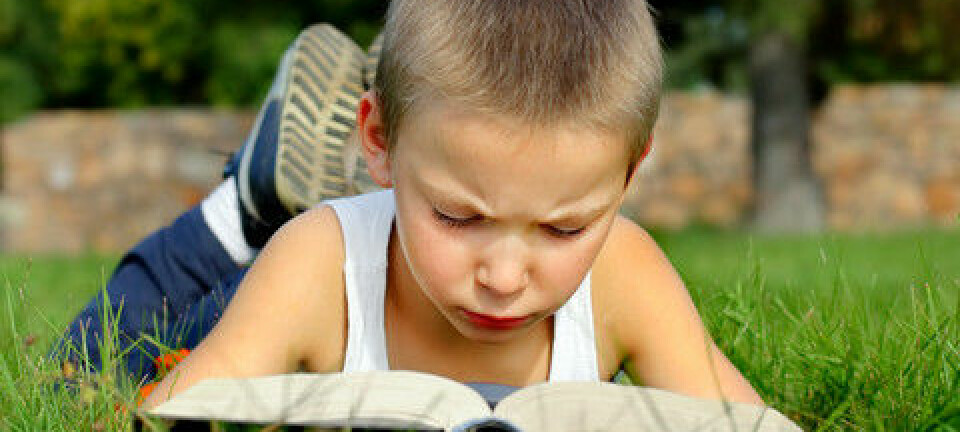
You can get wealthier with one sibling
Having one brother or sister can contribute to a higher income in adulthood. On average if your parents get divorced it has no economic consequence for your future income.
“Having a sibling can be advantageous for your personal economy as an adult.”
“However, several siblings can have a negative effect, at least if the family is poor,” says the Swedish sociologist Frida Skog.
She used registers of data about Swedes born in 1973 and still living in Sweden in 2008 to see how life turned out financially for them as adults.
Her most surprising discovery is that it apparently is no economic advantage to grow up as an only child, contrary to what many believe.
Having one sibling seems to be especially advantageous for children in families with a poor economy. And it is best for the oldest of the two children.
More than two siblings yields poorer earnings
When a person has more than two siblings the general economic outlook heads south. Not only does the family have less money while the kids are still in the home, but the children tend to earn less as adults.
However, this disadvantage of three or more children in a family is reduced if the age differences between the siblings is small.
“It could be that siblings who are nearer in age give each other more support during school years. But it could be that mothers get a greater opportunity for a career if the children are not too spread apart,” says Frida Skog in a press release from Umeå University.
If you grow up in a wealthy family, its size has no impact on your future income.
Divorce has no impact
The researcher also found that on average if the parents get divorced the split has no economic effect on the children as adults. She told the Swedish newspaper Västerbottens-Kuriren that this came as a surprise.
Children who grew up in divorced families in Sweden did not have lesser incomes than children who grew up with both parents. The researcher made adjustments of this finding for the size of the families and the families’ financial situation. Still, she found no difference regarding earnings among children whose parents lived together and ones whose parents split up.
If a mother finds a new partner this too has no impact on the future income of the child as an adult – as long as it has no more than one half-brother or half-sister.
Frida Skog has used information from Swedish data registers. This has enabled her to see earnings as employed or self-employed of persons born in the early 1970s as well as information on parents in the 1970 and 1975 censuses. But this study of large cohorts does not reveal why an only child gets no financial gain. There are multiple factors that could prospectively be at work and future studies of a different type could provide some answers.
--------------------------------------
Read the Norwegian version of this article at forskning.no
Translated by: Glenn Ostling











